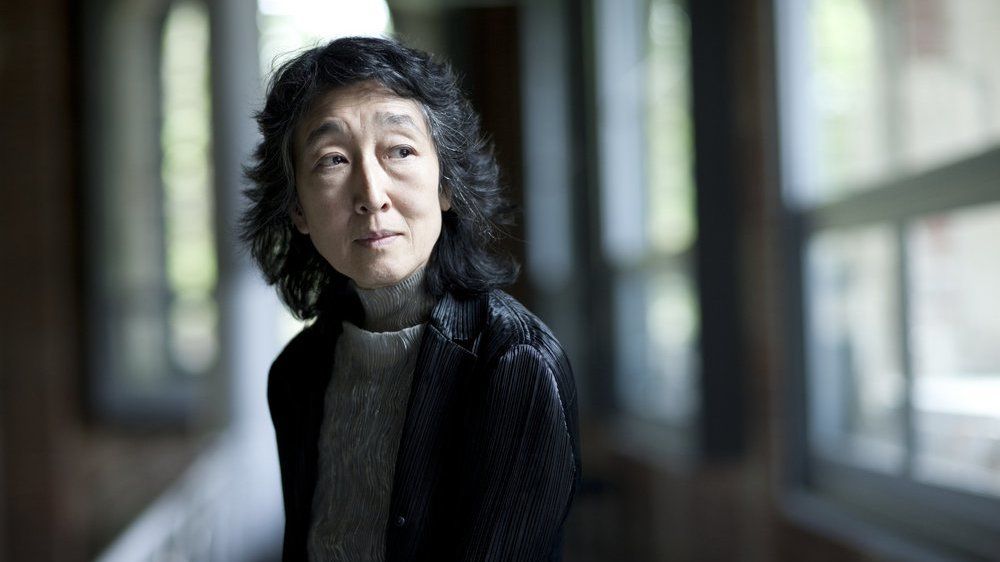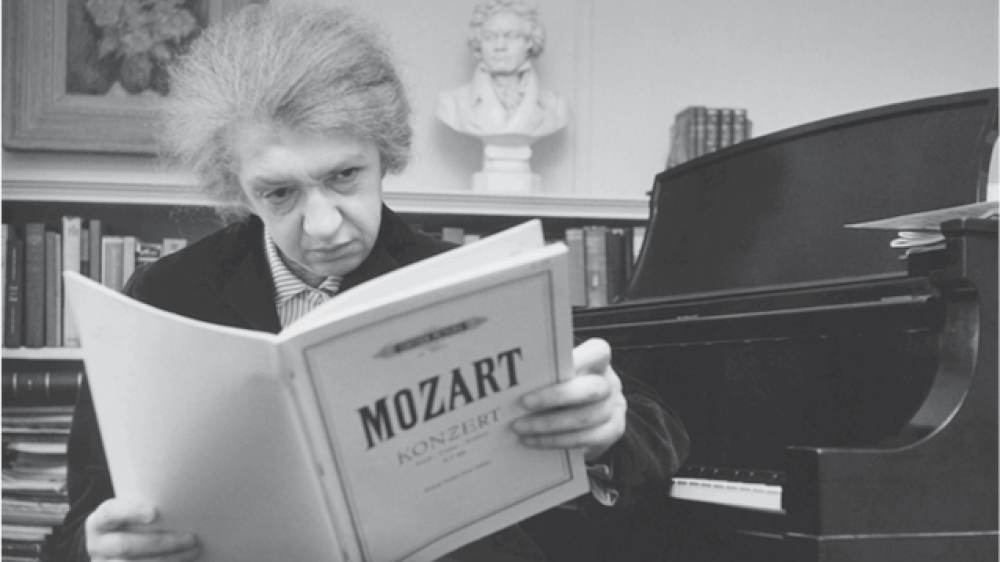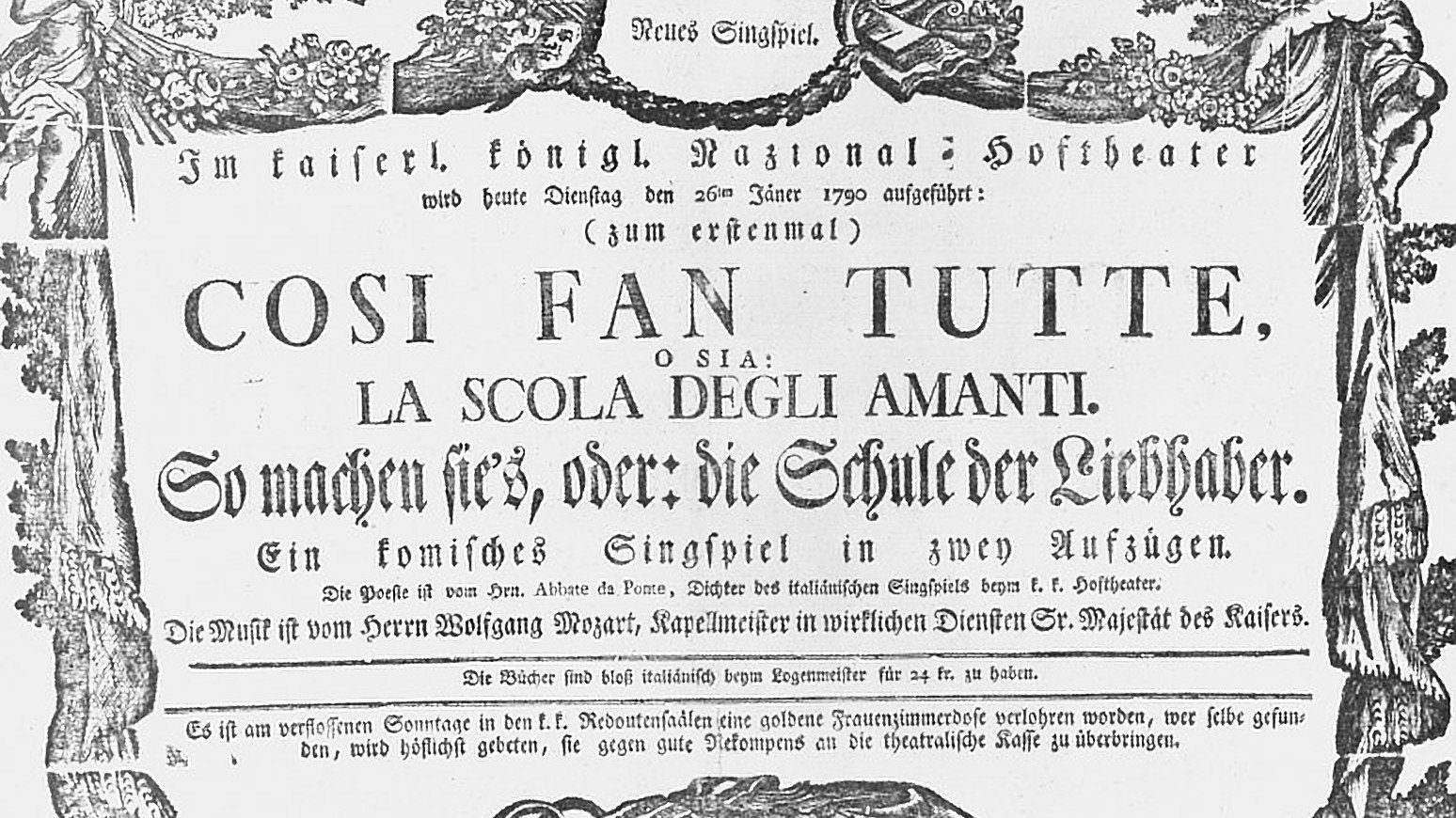Mozart’s Piano Concerto No. 24: Mitsuko Uchida, Jeffrey Tate, and the English Chamber Orchestra
Two weeks ago, we explored the uniquely tragic significance of G minor throughout Mozart’s music, from The Magic Flute‘s lamenting aria, “Ach, ich fühl’s,” to the persistent “minor-ness” of Symphony No. 40. Today, I want to take a similar excursion into minor-key Mozart with the Piano Concerto No. 24 in C minor, K. 491. This is one of only two concertos Mozart wrote in a minor key. It provides a dark, stormy counterweight to the bright comedy of The Marriage of …







